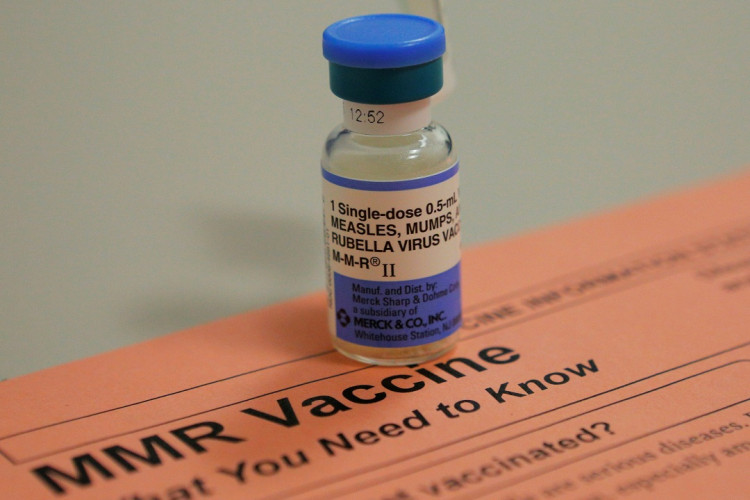Several political officials and prominent delegates at the National People's Congress have called on renewed efforts to promote the use of locally-made vaccines in China. The head of the National Medical Products Administration, Jiao Hong, stressed at the event that there is a need for new measures to restore the confidence of Chinese citizens in the use of domestic vaccines.
In line with this effort, Jiao revealed that they are already drafting new legislation to minimize the risk involved with using both domestic and foreign vaccines. The new law will require pharmaceutical companies and distributors to have a robust management system in place as well as product tracking and risk reporting structures. Legislation will also reportedly be passed that will improve the regulation of local vaccine producers. Stricter inspections, more stringent testing and comprehensive approval processes will also be put in place to make sure that the products being given to citizens are safe and effective.
The chairman of Hualan Biological Engineering, An Kang, also spoke at the event reiterating that domestic products and overseas brands are pretty much the same in terms of their effectiveness. Kang's company currently supplies 80 percent of the flu vaccines being used in the country.
Confidence in local vaccines previously dwindled amidst newly uncovered scandals involving the country's biggest vaccine manufacturers. The Chinese company Changchun Changsheng Biotechnology was recently caught manipulating data and manufacturing substandard vaccines, which were administered to thousands of infants. The company mainly produces DPT vaccines, which are a combination of treatments against three particular infectious diseases, namely tetanus, pertussis, and diphtheria. The company is currently facing possible delisting. Several top officials that were involved in the deal with the company have already been removed from their position.
In 2016, it was also revealed that thousands of expired vaccines, worth around US$84.7 million, were being given or sold across China. Since the scandal had broken out, Chinese parents have since flown to Hong Kong and Taiwan to get their children vaccinated. The Chinese administration hopes that with the new legislation and stricter regulations, Chinese parents will once again have confidence in locally made vaccines. With nearly 20 million babies born each year in China, the country simply cannot rely on foreign products.
In the past winter, when the demand for influenza vaccines was at its highest, the country had experienced a massive shortage of foreign vaccine supply. Due to the recent scandals, parents were simply unwilling to risk their children's health by using domestic products. While some were able to afford foreign vaccines, other parents apparently skipped having their children vaccinated with domestic products, which would have been free under China's national vaccination program.






